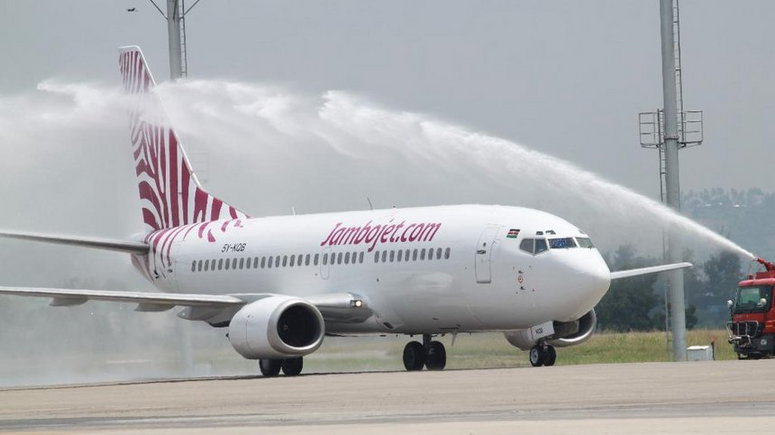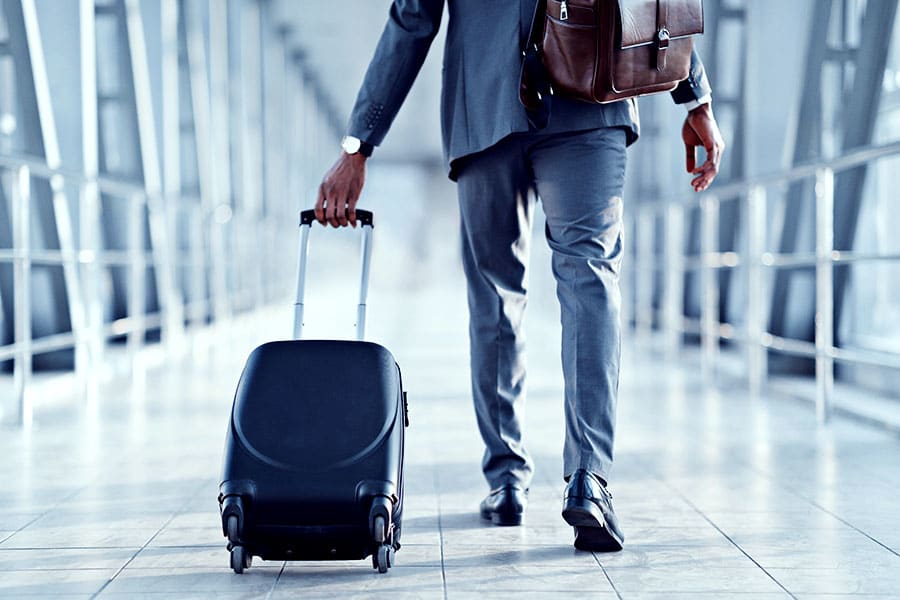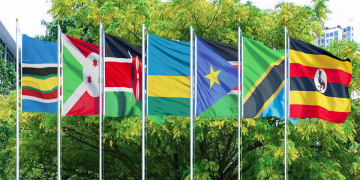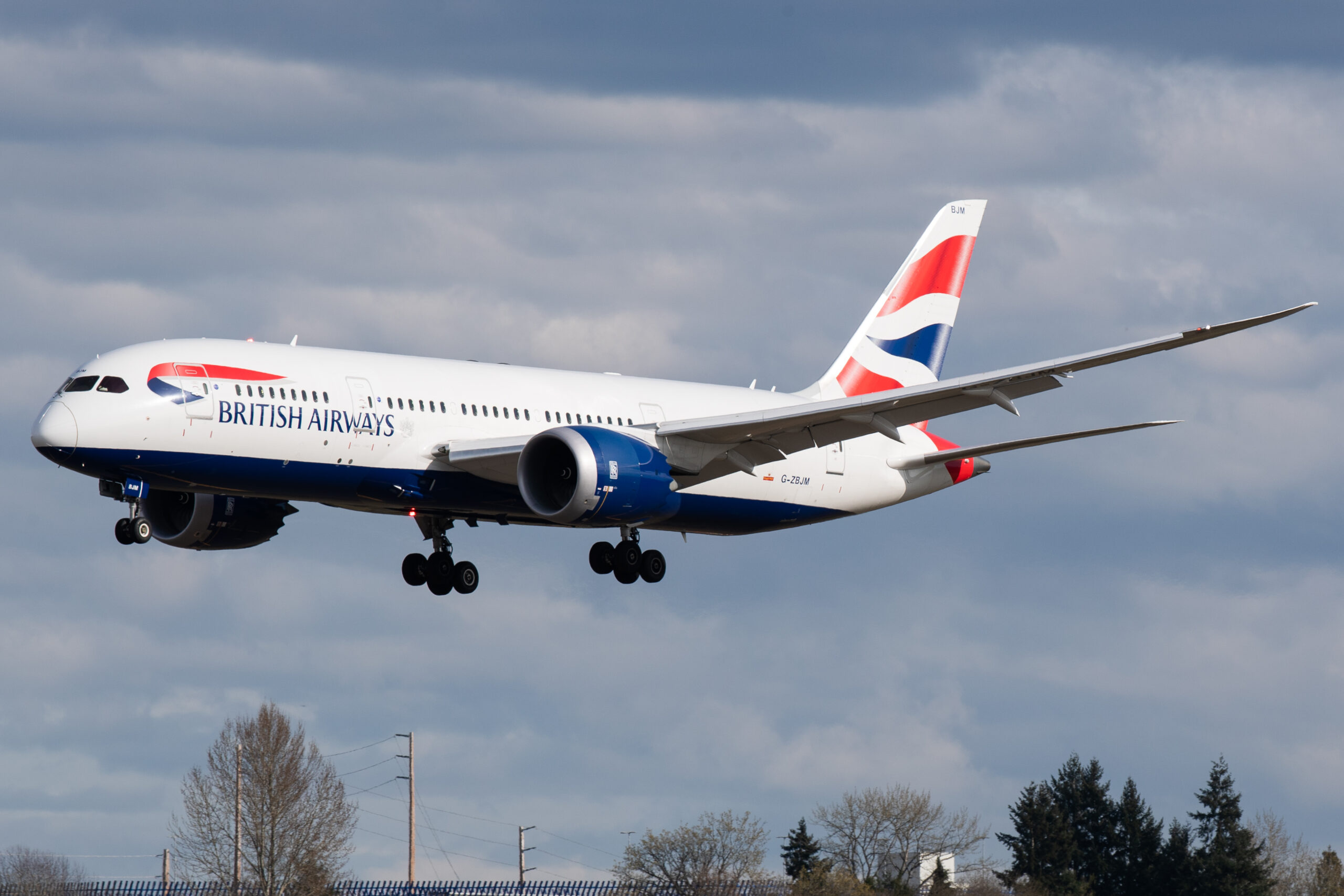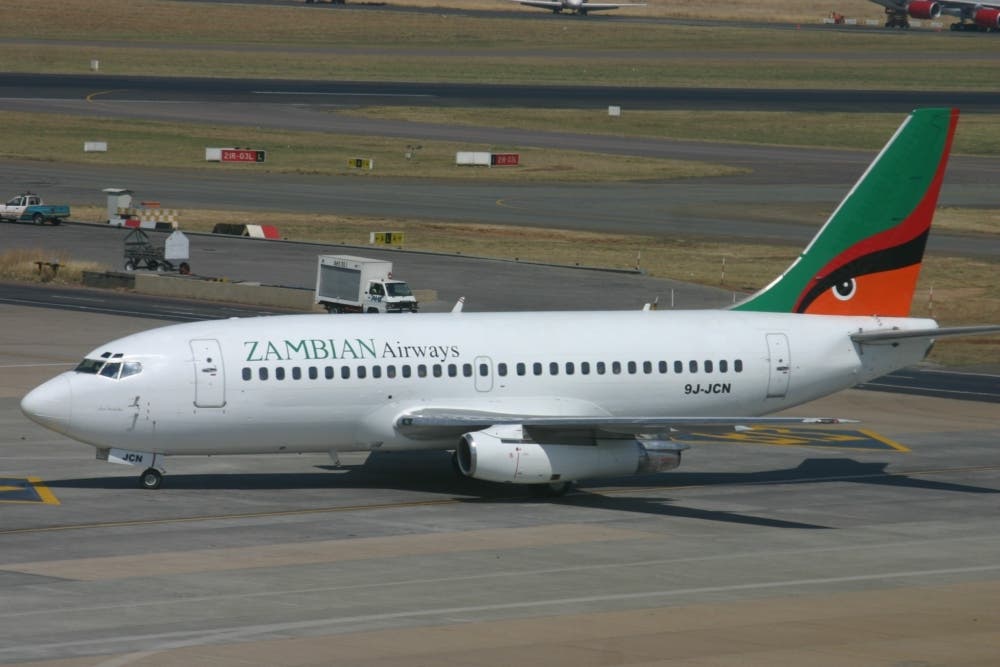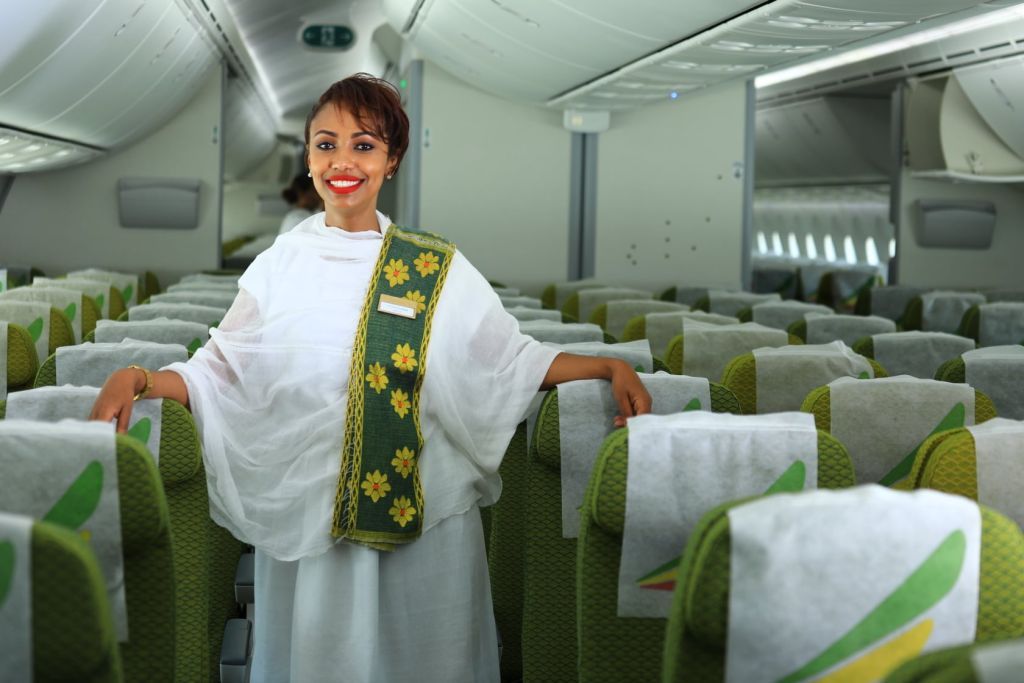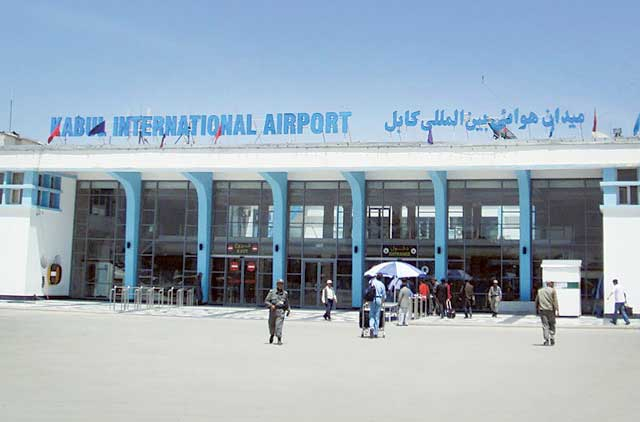Deloitte has warned business travel is set for a slow takeoff, based on the findings of its new report — a message which is in stark contrast to many recent airline statements.
Travel managers predict a slower recovery compared to bullish outlooks from the aviation sector. To start with, only a third of companies expect to reach or surpass 50 percent of 2019 travel spend levels by the end of 2021. And just over half (54 percent) of respondents expect their companies to reach 2019 levels by the fourth quarter of 2022.
Deloitte polled 150 U.S.-based travel managers and executives from May 28 to June 20 this year, and interviewed executives at companies whose 2019 air spend averaged $123 million a year.
THE SKY’S THE LIMIT
Overall, Deloitte pegs a U.S. corporate travel recovery of 65-80 percent of 2019 levels by the end of 2022. But there are some “ifs” — the biggest being sustainability.
Airlines may not see eye to eye.
United Airlines expects its overall 2022 capacity to be higher than in 2019, with the return of corporate road warriors bolstering its viewpoint. Commercial chief Andrew Nocella forecasts business travel will be down just 40-45 percent in this year’s third quarter.
Delta Air Lines is optimistic too, and thinks business travel will rebound this autumn after schools reopen and companies recall workers to their offices. “The surge is coming … there is enormous pent-up energy and demand for [business] travel,” said CEO Ed Bastian. Surprising comments considering its own survey of corporate clients showed about one-third expected to return to pre-Covid levels of travel by 2022, with 21 percent expecting their travel to return to pre-pandemic levels by 2023.
JetBlue is meanwhile “cautiously optimistic” of an uptick in corporate travelers this fall, Joanna Geraghty said during the airline’s first quarter earnings in April. However, U.S.-UK travel restrictions persist and last week it pulled back on its initial London schedule.
Further field Brazil’s Gol, which wants to restart flights to the U.S. by the end of the year, also expects business travel to return to its pre-pandemic levels by the first quarter of next year.
What could explain the differing results from Deloitte’s own polling of corporate America?
“There’s a lot of uncertainty, which is why corporate travel managers are taking the view they’ve expressed with us,” said Bryan Terry, global aviation leader at Deloitte
Another question is: should airlines be nervous? Deloitte’s survey — Return to a World Transformed: Corporate Travel Post-Pandemic, published on Tuesday) — is extensive, and if correct represents a significant decline in high yielding passengers.
“It’s fair, however you want to characterize it. Nervous, anxious, concerned,” Terry said.
“Airlines are cautiously optimistic, if you look at what they’re projecting. They’re a little more optimistic than we are. That’s fair, but they’re concerned about coming back to 2019 levels and when that will occur. And what will that new business traveler look like? Will they still be flying at the front of the plane, or in the same patterns of destination or duration? It’s still an uncertain future,” he added.
Even though the “cone of uncertainty” was narrowing, due to the successful vaccination program, there was still a material amount of uncertainty, Terry said. In particular, when it comes to a longer term recovery, the report reveals much will depend on how seriously companies take sustainability, on top of budget squeezes.
SUSTAINABILITY DRIVES
Nearly a third of travel managers surveyed said their company had a stated commitment to reduce emissions by a certain amount within a specific time frame. Altogether, 79 percent of companies had made some kind of pledge, or were working toward one. This interest in sustainability brings some scrutiny for travel policies, the report argues.
About half (48 percent) of the survey’s respondents said they planned to optimize business travel policy to decrease their environmental impact within the next year. Travel ranks among the top targets for corporate environmental harm reduction, along with reducing paperwork and greening supply chains.
Sustainability and corporate social responsibility was also more important to companies than before the pandemic, according to Global Business Travel Association research, based on a poll of 618 companies carried out July 6-13, 2021.
“It’s not just how Covid will impact the return of business travel, but as business travel returns, how will sustainability impact that and beyond the Covid impact,” Terry said. “Sustainability, combined with cost considerations, will also be a dampener on the return to travel.”
Interestingly, 7 in 10 companies said they planned to reduce travel frequency in an effort to bolster the bottom line.
However, the greener travel point of view differs widely, if you look at Europe. Another survey from the Business Travel Show Europe recently asked 337 travel managers what they expected would be their biggest challenge over the next 12 months.
The pressure to be more sustainable, which entered the chart for the first time last year, had fallen back out to number 11. In the top three were “a change in my role,” “keeping up with Covid legislation, restrictions and supplier/traveler information” and “pandemic uncertainty.”
THERE ARE SOME OPPORTUNITIES
It’s not all bad news. Bigger airlines that cut back due to the pandemic have left the door open to their more economy-flying focused counterparts.
Terry said that low-cost carriers are now best positioned to recover faster and stronger than the legacy network carrier model. As the large carriers receded in terms of fleet size and network, that created opportunities, especially in business airports which might have been slot or gate constrained, which opens up avenues to those entrants, he said.
“Look at our survey: travel managers said that as travel returns, cost consideration will impact how they return,” Terry added. “Southwest, Ryanair, easyJet, Wizz Air and so on, they all fall into that category of carrier that is well positioned to benefit from these changes in travel.”
There’s currently plenty of optimism, because business travel really is accelerating off a low base, and that may carry over into the second half of this year. But there’s a risk this is a blip because in the long term international travel bans will linger as long as there are pockets of coronavirus outbreaks, new variant headlines, CDC updates and corridors that fail to materialize.
Source: Skift

